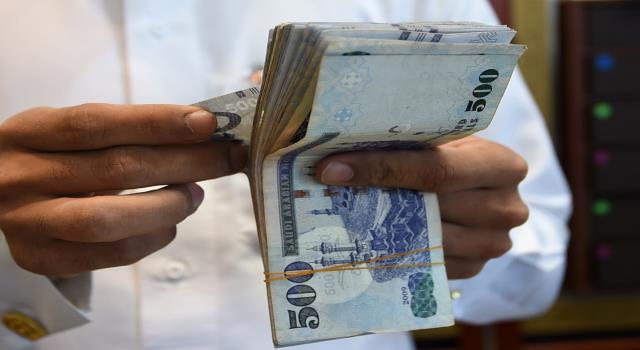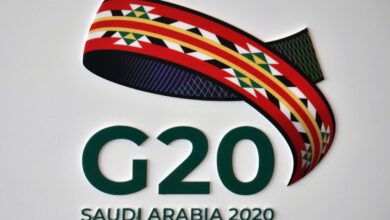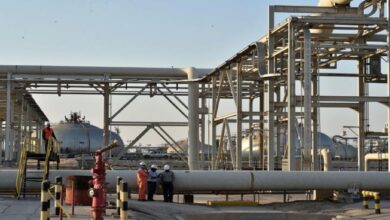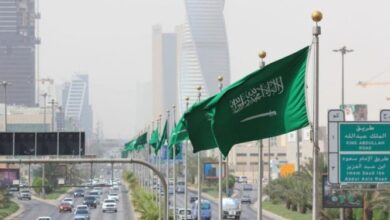Shocking expectations about Saudi economic contraction

World Bank data showed shocking expectations regarding the severity of the Saudi economic downturn in light of the failure of the Saudi plans and the corruption of its major figures, as well as its lost investments and the effects of the emerging Coronavirus crisis.
The economic repercussions of the Coronavirus crisis cast a negative shadow on the economy of the Kingdom, which is expected to witness a significant contraction during the current year 2020, especially with the decline in oil revenues.
According to the World Bank, the Saudi economy is expected to shrink by 3.8 per cent, and warnings of this impact on the Kingdom’s budget, as the budget deficit is expected to worsen with revenue declining, which casts a dark shadow over its labor markets.
Concerns escalated over Saudi Arabia’s ability to overcome the budget deficit crisis in light of declining oil revenues and the Kingdom’s continued involvement in external conflicts, especially military intervention in Yemen, which drains its financial resources.
And at the beginning of this year, the Kingdom announced the budget for 2020 before the Coronavirus pandemic by spending 272 billion dollars, compared to revenues of 222 billion dollars, expecting a deficit of 50 billion dollars, but economists expect that the budget deficit will be exacerbated by the outbreak of the virus despite the assassination of Finance Minister Mohamed Al-Jadaan in May Last May, on a wide austerity measures.
Observers say that the expectations of the World Bank Group regarding the contraction of the Saudi economy reinforce the concerns about the great risks faced by the Kingdom, especially with the failure of the authorities’ measures to gradually return to normal life with an increase in the rates of coronavirus infection, adding that “prolonging the crisis will put Saudi Arabia in front of difficult economic and financial options.”
The Kingdom started to implement painful measures, as Finance Minister Mohamed Al-Jadaan described in media statements, early May, to confront the falling oil revenues and the losses caused by Corona.
The Kingdom decided to stop the cost of living allowance starting from this month of June, and also to raise the value-added tax rate to three times from five percent to 15 percent, starting from the first of next July, which increases the burden of living on citizens.
Governmental measures are not limited to canceling the cost of living allowance, increasing the value-added tax and raising customs fees, but may extend the salaries of employees, as the government revealed, on May 11, the formation of a ministerial committee to study the financial benefits that are spent for all workers and contractors, and is expected to disclose her recommendations.
Saudi Arabia, which is witnessing a large spending on purchasing weapons, is under great financial pressure due to the effects of the Coronavirus pandemic and the collapse of oil revenues, which led the government to withdraw from the cash reserves and reduce its investments in American debt instruments.
Official data published on the first of June, showed that the Kingdom withdrew about $51 billion of its reserve assets during the first four months of this year, in order to cover the losses resulting from the falling oil prices and the outbreak of the Coronavirus, which overthrew the Kingdom’s investments in global funds and projects that it adopted Crown Prince Muhammad bin Salman.
The data included in the publications of the Saudi Arabian Monetary Agency (the Central Bank) revealed that the total reserve assets decreased in April to 1.682 trillion riyals ($448.5 billion), compared to 1.873 trillion riyals at the end of December 2019.





